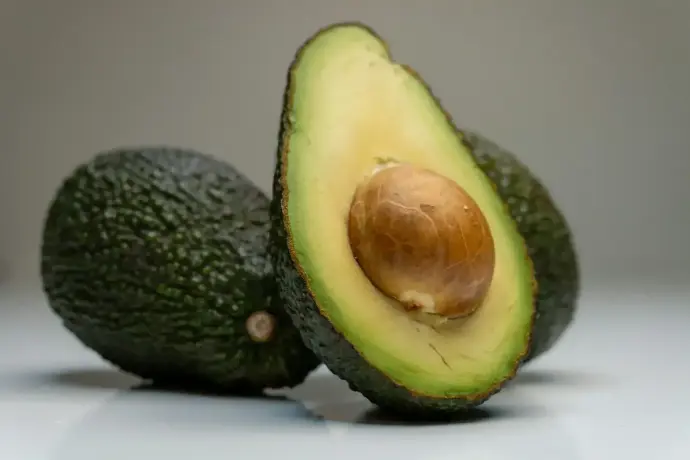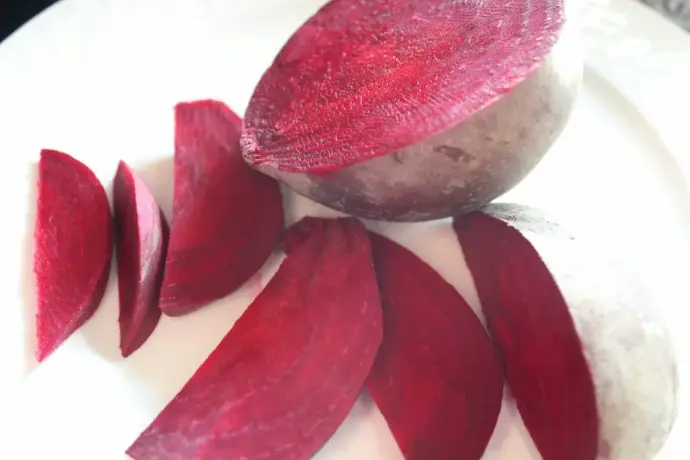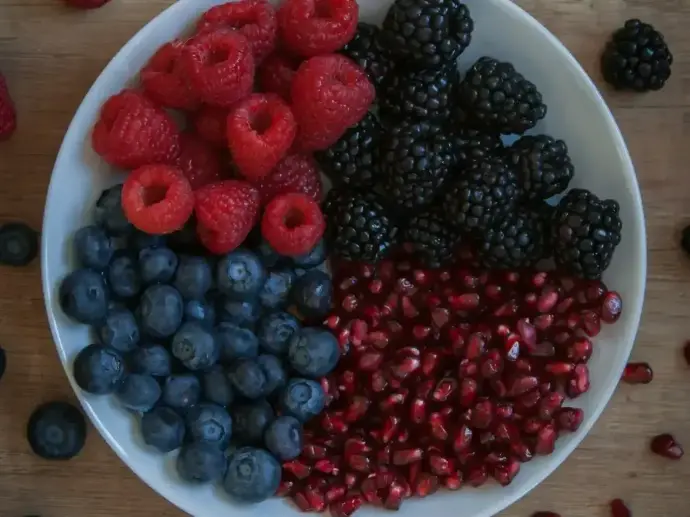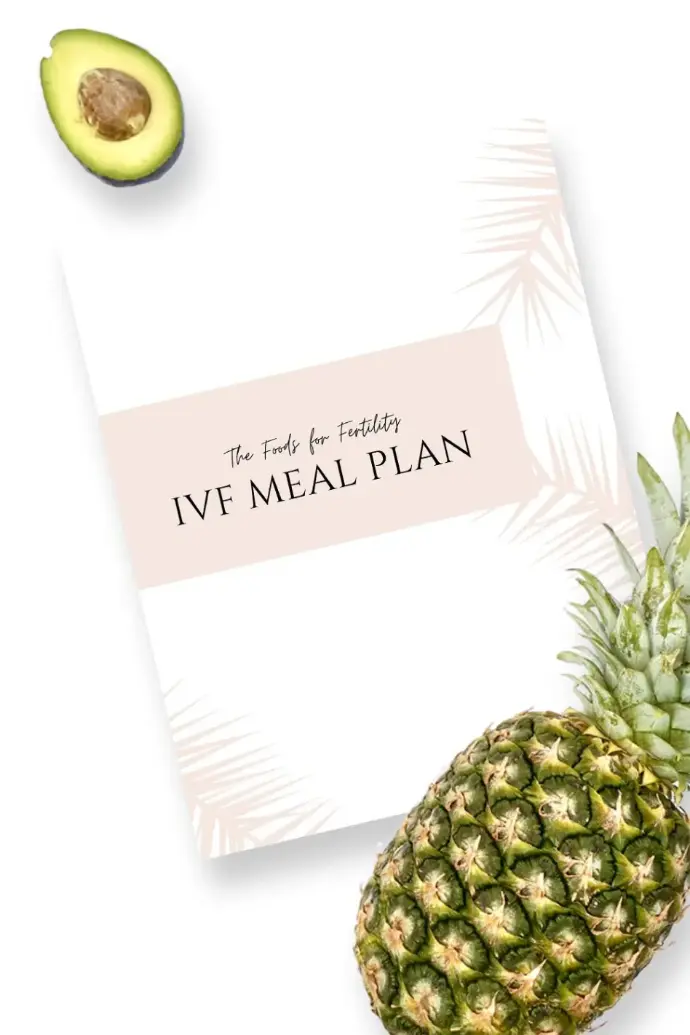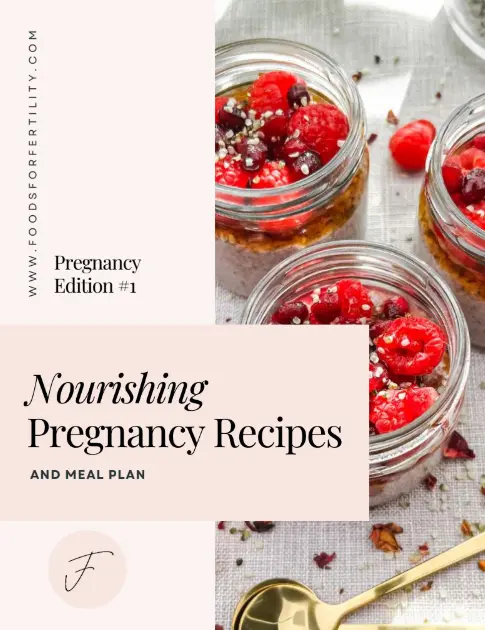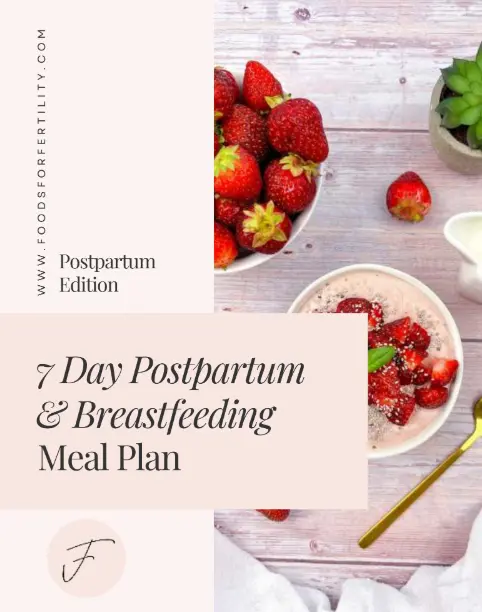
Foods for Fertility
Resources, recipes, meal plans and support for trying to conceive, IVF, pregnancy and early motherhood (postpartum).

Over 400 women have used our meal plans!
Here's what one of them had to say:
“I just wanted to let you know that I am pregnant and want to thank you for all you do with your blog. I truly found it the most helpful information out there for ivf and it contributed to my positive test! I really appreciate your emails, thoughts, and advice. You are great at what you do! Thank you again and happy holidays.” – RNM on the IVF Diet Meal Plan
Our Amazon Picks!
Everything you need for your fertility, pregnancy, breastfeeding and motherhood journey.
Your Dynamic Snippet will be displayed here... This message is displayed because you did not provide both a filter and a template to use.
